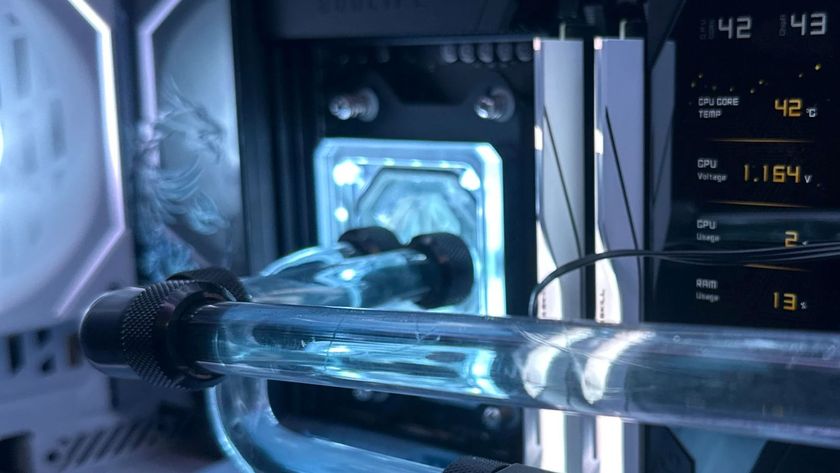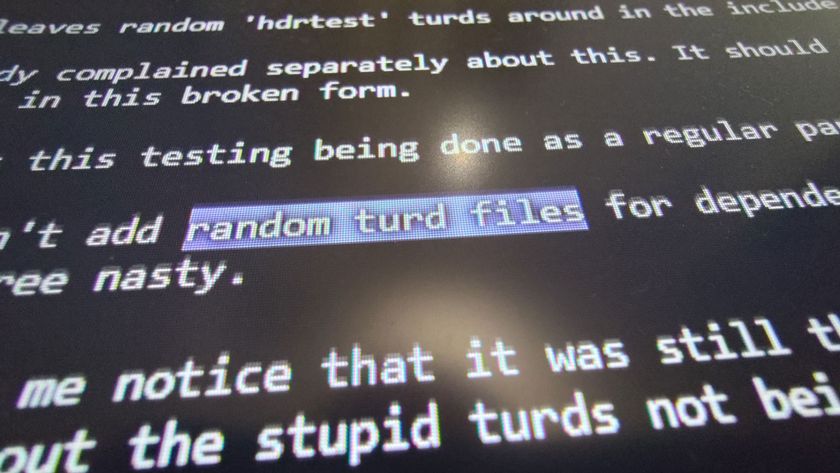UK Blocks Extradition of Hacker Gary McKinnon
Home Secretary Theresa May says extradition would breach McKinnon's human rights.

The extradition of Gary McKinnon to the United States has been blocked. According to the BBC, Home Secretary Theresa May says there's no question that McKinnon is seriously ill and that the extradition warrant against him should be withdrawn. According to May, whether or not McKinnon should face trial in the United Kingdom is now up to the Director of Public Prosecutions, Keir Starmer QC.
"[McKinnon] has Asperger's syndrome, and suffers from depressive illness," the BBC quotes May as saying "The legal question before me is now whether the extent of that illness is sufficient to preclude extradition. After careful consideration of all of the relevant material, I have concluded that Mr McKinnon's extradition would give rise to such a high risk of him ending his life that a decision to extradite would be incompatible with Mr McKinnon's human rights."
McKinnon is accused of scanning over 73,000 U.S. government computers (including NASA and Pentagon machines) and gaining access to 97 of them with his dial-up modem and some off-the-shelf software. He allegedly took over 2,000 computers offline at the U.S. Army Military District of Washington for 24 hours and disabled a network of 300 machines at a Naval weapons station in New Jersey. His antics cost the U.S. government a reported $700,000 in damages. McKinnon's hacking was, he claims, an effort to uncover X-Files type information regarding UFOs that he thought the government was trying to hide.
McKinnon has been battling extradition to the United States for a decade.
Contact Us for News Tips, Corrections and Feedback
Stay On the Cutting Edge: Get the Tom's Hardware Newsletter
Get Tom's Hardware's best news and in-depth reviews, straight to your inbox.
-
-Fran- Then sedate him and get his "behind" across the sea to the USofA.Reply
What a dumb excuse...
Cheers! -
IndignantSkeptic Did he actually disable all those computers or did the USA government disable those computers because when they noticed a security breach they panicked and didn't know what else to do besides overreact?Reply -
abbadon_34 even if he sad a terminal illness the reasoning is shaky, but asperger's and depression are pretty lame excusesReply -
ozvip3r He has asperger's syndrome, should not be extradited if he is mentally ill. The yanks will mistreat the shit out of him, the world needs to be very careful who they extradite to the US. Only convicted criminals should ever be extradited coz an innocent person is fucked anyway. They won't get a fair trial and will be proven guilty if that's what the US wants. Also you should never be extradited there if u didn't commit a crime there. My understanding is he was in Britain when he hacked into the shitty networks. Someone needs to share the atrocities committed by the US government to keep them accountable. There just like the Russians.Reply -
fonzy If this guy was able to pull off hacking into the Pentagon and NASA on a 56k modem then it's scary to think what a team of real hackers from China,Russia,India..etc have been able to get into.Reply
I still think this is some kind of disinformation being spread but if it's true then the people in charge of security should be the ones being interrogated. -
Whoever was in charge of the IT security at these "hacked" facilities should be the person on trial. How god damn long did it take them to find out that someone using a dial up modem was getting in to their systems from overseas? It must've taken an hour to do anything - this could not have even been a one day ordeal...Reply
-
madjimms I think he needs to be HIRED by an antivirus company! or just do it again & put everything on wikileaks...Reply -
zybch About damn time this hideous charade ended, and for onc the UK govt has made the right and moral choice instead of bending over and bracing themselves for yet another ass-reaming by the US.Reply -
nieur if he hasn't used information for any violence then US government should praise him for showing the security breaches .Reply












